Advantages and disadvantages
With its strengths in agricultural production and diverse natural ecosystems, Vietnam is assessed to have great potential for production, exploitation and consumption of agricultural products and organic foods. Currently, consumers around the world also tend to promote the use of agricultural products and organic foods, opening up many development opportunities for organic agriculture in Vietnam. In recent times, the Government, ministries, central branches and all levels have issued many resolutions, decisions, circulars, projects, sets of standards... creating a legal corridor and favorable conditions to promote the development of organic agricultural production.
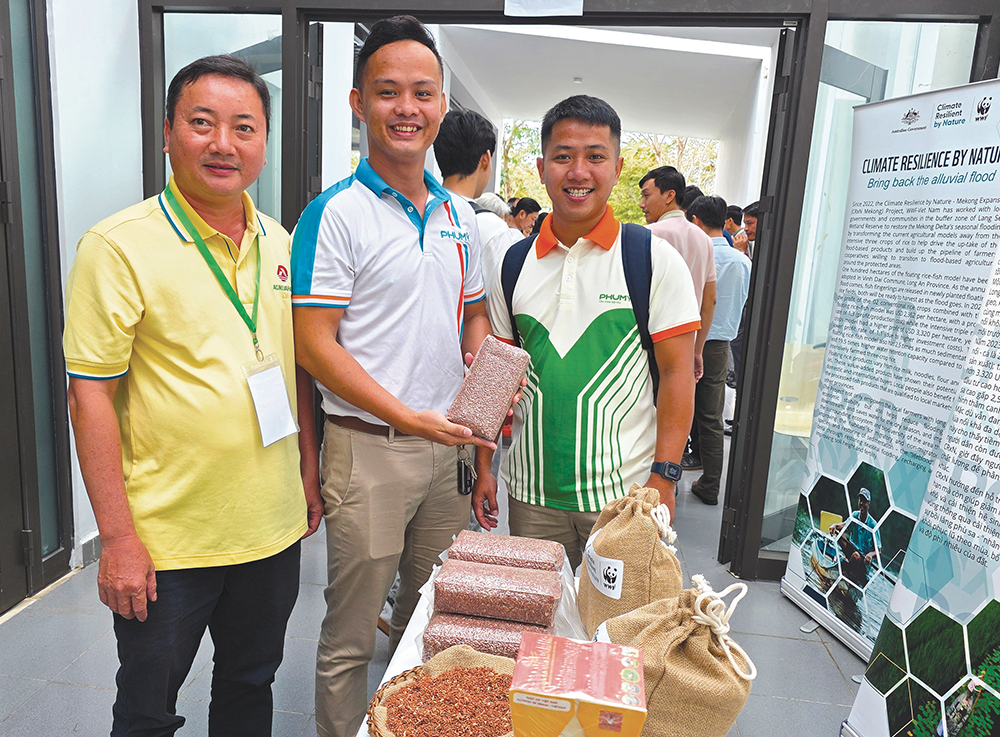
Organic rice products of enterprises and cooperatives in the Mekong Delta were displayed and introduced at the ISOP 2025 International Conference held at Can Tho University.
In particular, on August 29, 2018, the Government issued Decree No. 109/2018/ND-CP on organic agriculture. In particular, the Government has specific instructions and regulations on production principles and labeling of organic agricultural products. On March 26, 2020, the Prime Minister issued Decision 885/QD-TTg approving the Project on organic agriculture development for the period 2020-2030. Accordingly, by 2030, the area of agricultural land for organic production will reach about 2.5-3% of the total area of agricultural land. The value of products per hectare of organic cropland and aquaculture is 1.5-1.8 times higher than that of non-organic production.
Despite the great potential and opportunities, organic agriculture in our country is developing slowly due to many difficulties. Notably, the process of converting from conventional production to organic processes requires a lot of time and costs, while product output is still difficult and product prices are not commensurate, so many people are not "interested". The process of certifying organic products is also quite complicated and currently countries around the world set many different organic standards, there is no common standard. This also makes it difficult for farmers and businesses when they want to export organic products to many different markets. Many farmers, businesses and consumers still lack information and knowledge about organic production according to current domestic and international standards and regulations...
Need for synchronous solutions
To promote the development of production and consumption of organic products, many experts recommend that the authorities should pay attention to promoting information, training, and updating knowledge on organic agriculture to raise people's awareness and actions in production and consumption of products. Supplement and complete mechanisms and policies to create incentives and support, helping to promptly resolve difficulties for related parties. Pay attention to supporting people and businesses in planning production linkage areas, developing infrastructure and purchasing materials, machinery, and technology to ensure standards for production, processing, and consumption of organic products. Implement well the management, supply-demand connection, promotion, and bringing organic products to domestic and international consumers.
At the International Conference ISOP 2025 with the theme "Organic Agriculture - Sustainable Development" organized by Can Tho University in coordination with relevant units, many experts said that it is necessary to promote organic production to develop sustainable agriculture. Organic production not only helps create "clean" products, safe for consumers' health but also has less negative impacts on the environment, helps increase income and create sustainable livelihoods for people. In addition to analyzing and clarifying the benefits of organic agriculture, experts and scientists from many institutes, schools, units and enterprises at home and abroad also pointed out the difficulties and obstacles that need to be promptly resolved to develop organic agriculture.
According to Dr. Joachim H. Spangenberg, Jülich Research Center - Federal Republic of Germany, along with helping to increase direct profits for producers, organic farming brings many other benefits, such as helping to improve farmers' health, protect the ecosystem, create additional sources of income from products on the fields: fish, crabs, snails, honey, poultry... However, converting to organic farming still faces obstacles, especially the shortage of certified organic materials produced domestically, especially fertilizers. This increases costs and creates dependence on unstable supply sources. Developing certified organic fertilizer production in Vietnam is an urgent requirement. On the other hand, it is necessary to create conditions for farmers to access the market, connect with consuming enterprises to sell organic products at good prices, creating motivation for production development...
According to Mr. Le Qui Hoa Binh, Agricultural Certification Manager, Control Union Vietnam Co., Ltd., organic agriculture is not only a choice but has now become a global system transformation. Focusing on maintaining the health of soil, ecosystems and people, based on ecological processes and biodiversity instead of using inputs with negative impacts. It has now attracted more than 190 participating countries, with a total organic farming area reaching nearly 100 million hectares. In Vietnam, the organic farming area has also tended to increase in recent years. However, the development of organic agriculture still faces many difficulties, especially the lack of a separate Organic Agriculture Law. In addition, many countries in the world have built quite strict standards on organic agriculture and have recently adjusted their regulations. This requires Vietnam to also consider building organic agricultural standards to ensure compatibility and harmony with world standards and have appropriate adaptation strategies to be able to develop exports.
Article and photos: KHANH TRUNG
Source: https://baocantho.com.vn/day-manh-san-xuat-huu-co-de-phat-trien-nong-nghiep-ben-vung-a194033.html




![[Photo] Prime Minister Pham Minh Chinh meets with representatives of outstanding teachers](https://vphoto.vietnam.vn/thumb/1200x675/vietnam/resource/IMAGE/2025/11/15/1763215934276_dsc-0578-jpg.webp)
![[Photo] General Secretary To Lam receives Vice President of Luxshare-ICT Group (China)](https://vphoto.vietnam.vn/thumb/1200x675/vietnam/resource/IMAGE/2025/11/15/1763211137119_a1-bnd-7809-8939-jpg.webp)






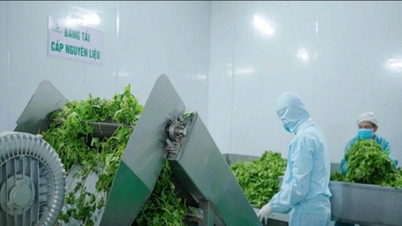
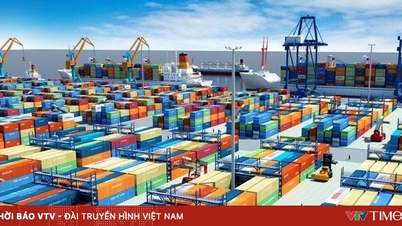

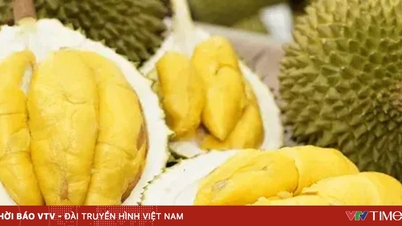






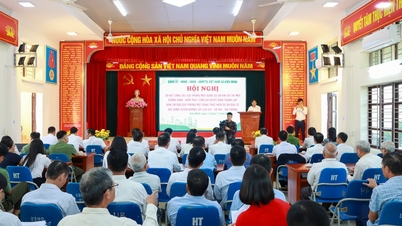

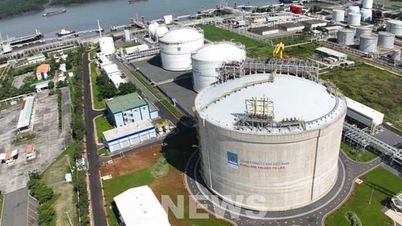






























































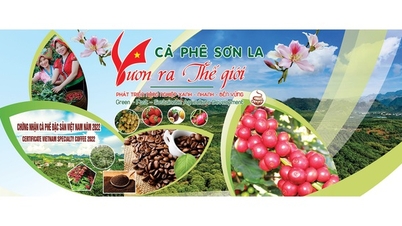





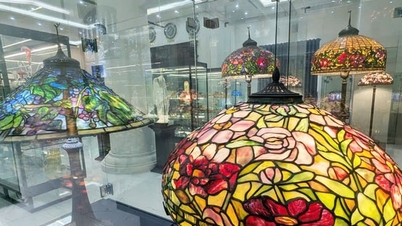











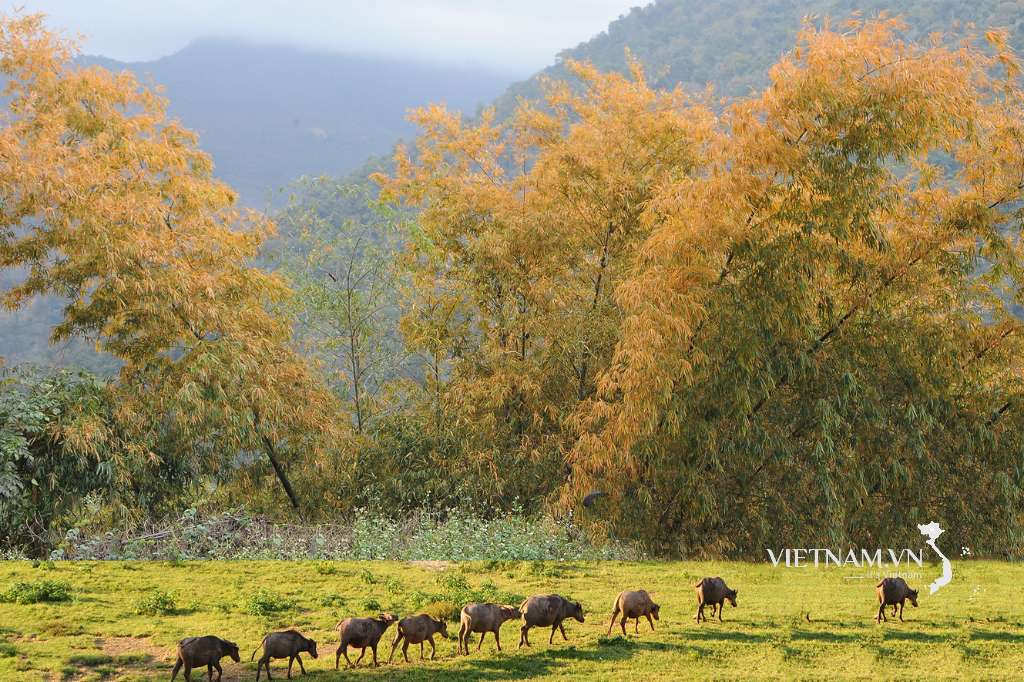


Comment (0)